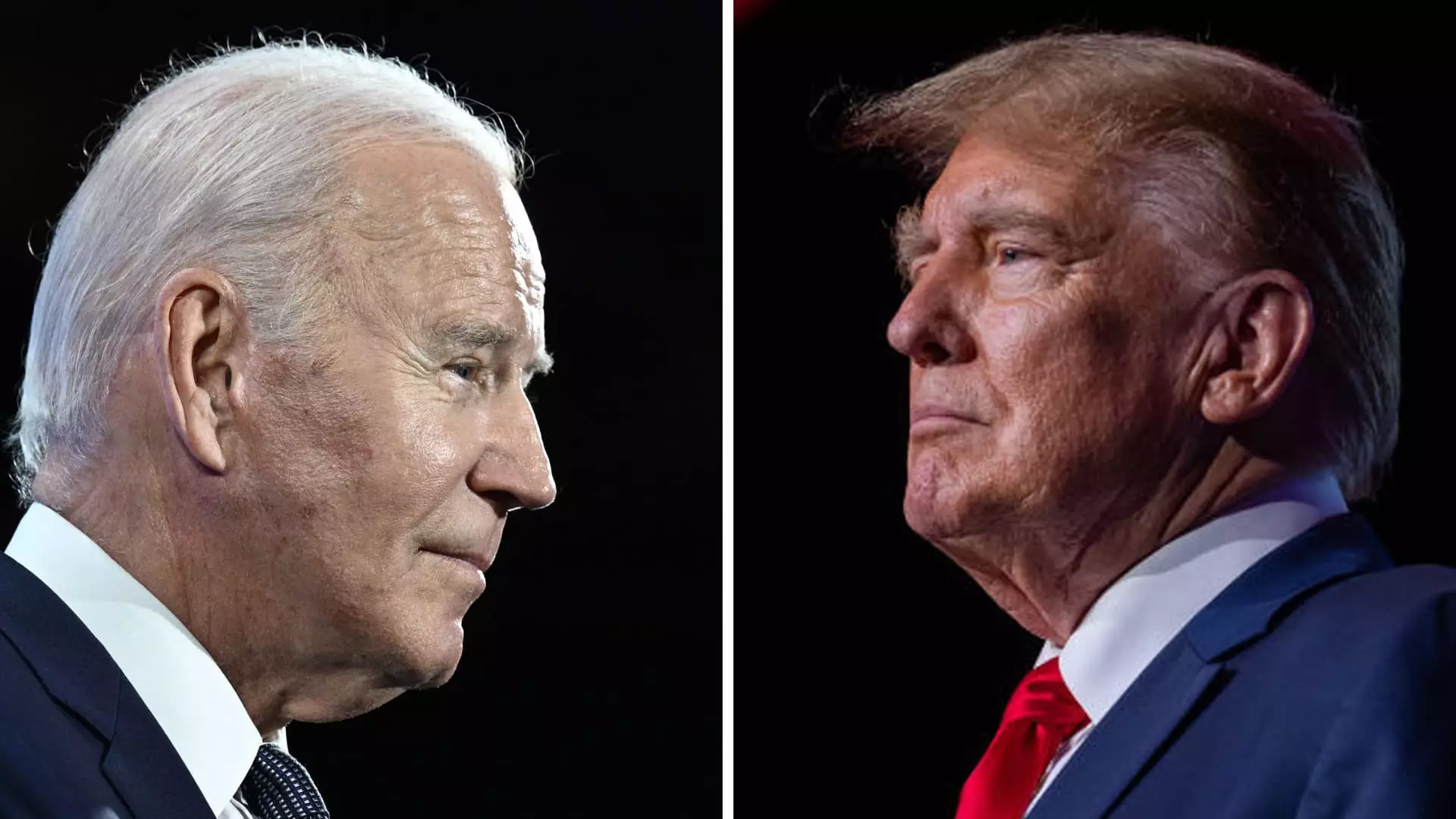The upcoming 2024 presidential debate between President Joe Biden and former President Donald Trump is expected to shed light on their respective stances on tax policy. One of the key issues up for discussion is the fate of the expiring tax breaks introduced through the Tax Cuts and Jobs Act of 2017 (TCJA). If Congress does not take action, several provisions, such as lower federal income tax brackets, an enhanced child tax credit, and increased estate and gift tax exemptions, will expire after 2025. According to the Tax Foundation, over 60% of tax filers could see a rise in their taxes in 2026 if these TCJA provisions lapse.
Biden’s Tax Agenda
Andrew Lautz, the associate director for the Bipartisan Policy Center’s economic policy program, is eager to see Biden and Trump move beyond political rhetoric and delve into their plans for addressing the TCJA expirations. While both campaigns aim to renew TCJA provisions for most Americans, the discussion will likely revolve around the costs associated with extending these provisions in the face of the federal budget deficit. Extending TCJA provisions could potentially add $4.6 trillion to the deficit over the next decade.
Steve Rosenthal, a senior fellow at the Urban-Brookings Tax Policy Center, notes that Biden has consistently advocated for higher taxes on the ultra-wealthy and corporations to finance TCJA extensions for individuals earning less than $400,000. Biden’s proposed measures include raising the top individual income tax rate on earnings over $400,000, treating capital gains as ordinary income for households making more than $1 million, and imposing a 25% minimum tax on wealth exceeding $100 million. However, the future of these proposals remains uncertain in the context of an uncertain congressional control.
Trump’s Tax Policies and Tariffs
On the other hand, Trump has expressed his intention to fully extend expiring TCJA provisions and has endorsed tariffs as a tax on imported goods. Additionally, Trump has suggested the elimination of taxes on workers’ tips and an “all tariff policy” to replace the income tax system. The debate is expected to also touch upon the candidates’ differing views on tariffs, which both have supported to varying extents.
Erica York, a senior economist at the Tax Foundation’s Center for Federal Tax Policy, highlights the economic consequences of tariffs, emphasizing that they raise input costs for American businesses and put them at a disadvantage in global competition. During his tenure, Trump imposed tariffs on various countries, including China, Mexico, and the European Union, some of which have persisted under the Biden administration.
The 2024 presidential debate promises to offer insights into the candidates’ tax policies and their implications for the economy. As voters evaluate the candidates’ positions on tax brackets, credits, and tariffs, they will have to consider the trade-offs between stimulating economic growth and addressing budget deficits. The debate will play a crucial role in shaping the direction of tax policy in the upcoming years.

